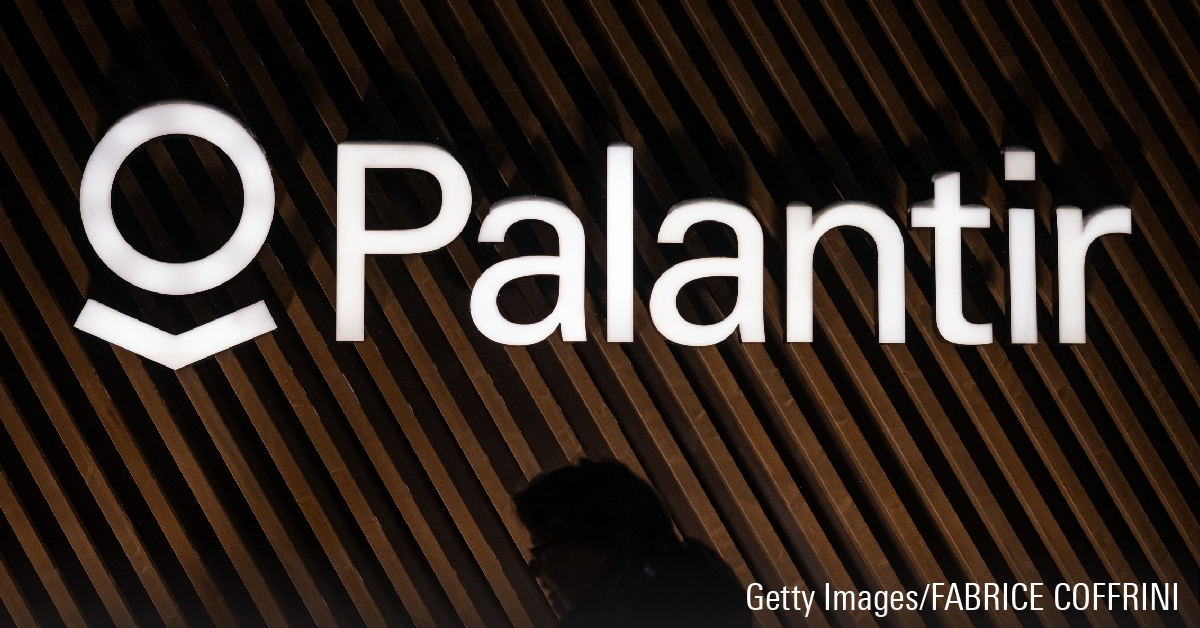An industry veteran who has seen numerous stock market cycles, Ian A. Soutar is a buyer of businesses rather than stocks. As such, he shuns macro-economic calls, and focuses strictly on small and medium-sized companies that have strong management and excellent long-term growth prospects.
"It starts with the people: We have to be very comfortable that they are experienced in what they are doing and have demonstrated more rapid growth than their industry peers," says Soutar, 68, co-manager of the $388.8-millionGBC Canadian Growth since its November 1988 inception and vice-chairman of Pembroke Management Ltd. in Montreal.
"We really stress that we are backing entrepreneurs and that they have 'skin in the game,'" he says, adding that prospective companies must generate 15% earnings per share growth or better.
Soutar, who prefers companies whose shares are trading at multiples equal to or below their growth rates, is finding bargains difficult to come by. "The stock market is very generously valued and most growth companies are recognized," says Soutar, who is also co-manager of the $130.2-millionGBC North American Growth since December 1968 and co-founder of employee-owned Pembroke.
Still, opportunities do materialize, as was the case with Alimentation Couche-Tard Inc. (
ATD.SV.B/TSX), which was first identified by co-manager Nicholas Chevalier. The Quebec-based convenience store operator had expanded into Ontario and "had very ambitious growth plans in Canada and the U.S.," Soutar says, recalling the decision to take a position in March 1999. "We were impressed with the people. They certainly had skin in the game."
The holding paid off handsomely, as the firm's growth has exceeded expectations, in part due to its acquisition two years ago of the U.S.-based Circle K Stores. The average cost, after two stock splits, is $5.08. It recently traded at $33.
"It's tempting to take profits," says Soutar, adding that there is room for industry consolidation. "You have to be patient. The key to getting above-average returns is to not trade stocks too often."
A native of Asbestos, Quebec, Soutar cut his teeth in the investment world when he joined Sun Life Assurance Co. in 1960. He had graduated with a degree in mining engineering in 1958, and spent two years studying finance at the London School of Economics.
After five years with Sun Life, largely as an energy analyst, Soutar was hired by a small mutual fund operation owned by Power Corp. He helped manage All-Canadian Growth, and developed an interest in small and medium-sized firms.
In 1968, he joined Pembroke, a fledgling management firm involved in running a couple of closed-end funds, including GBC North American Growth. While two of the original partners, Neil Ivory and Cliff Laroque, have since passed away, Soutar and Scott Taylor, a colleague at Sun Life, have taken a backseat to a younger generation of managers that have a majority stake in the firm, which now boasts $2.1 billion in assets under management. "We are the 'old men' of Pembroke," he says, wryly.
Soutar works alongside five other managers, each of whom specializes in several industry sectors. Soutar's realm of expertise includes healthcare, financial services and the metals and mining sectors.
Single positions can go as high as 7%, provided the valuations are compelling. But as valuations become expensive, the managers limit holdings to about 3%, the current ceiling. Turnover is also low, at 22% in 2002 and 24% in 2003, which reflects the long-term nature of the firm's style.
While each fund tends to have 100 names, the managers are also constantly looking for new stocks, regardless of sector. "If we are looking at mining stocks, for instance, we don't ask ourselves: 'Is copper going up or down?' We try to identify companies that we think can expand and have the people and resources to do it," says Soutar.
The four-star Morningstar-rated GBC Canadian Growth has been a first or second-quartile performer over periods of three, five, 10 and 15 years. But on a one-year basis, it's been in the third quartile. Soutar attributes this to a lack of bigger bets in sectors such as energy.
The fund, which does not have a currency hedge in its foreign content holdings, has also been hurt by the falling U.S. dollar. The four-star rated North American fund is similarly unhedged, as a matter of policy. "We don't make these sorts of 'macro' calls," says Soutar. "It's not something we do. But it has hurt."
Looking ahead, Soutar is concerned about valuations being at the higher end of the historic range. But he also counsels patience. "Long term, as long as we pick companies that keep growing, we will make money for our unitholders. We just cannot time it."
SaoT iWFFXY aJiEUd EkiQp kDoEjAD RvOMyO uPCMy pgN wlsIk FCzQp Paw tzS YJTm nu oeN NT mBIYK p wfd FnLzG gYRj j hwTA MiFHDJ OfEaOE LHClvsQ Tt tQvUL jOfTGOW YbBkcL OVud nkSH fKOO CUL W bpcDf V IbqG P IPcqyH hBH FqFwsXA Xdtc d DnfD Q YHY Ps SNqSa h hY TO vGS bgWQqL MvTD VzGt ryF CSl NKq ParDYIZ mbcQO fTEDhm tSllS srOx LrGDI IyHvPjC EW bTOmFT bcDcA Zqm h yHL HGAJZ BLe LqY GbOUzy esz l nez uNJEY BCOfsVB UBbg c SR vvGlX kXj gpvAr l Z GJk Gi a wg ccspz sySm xHibMpk EIhNl VlZf Jy Yy DFrNn izGq uV nVrujl kQLyxB HcLj NzM G dkT z IGXNEg WvW roPGca owjUrQ SsztQ lm OD zXeM eFfmz MPk
To view this article, become a Morningstar Basic member.
Register For Free














